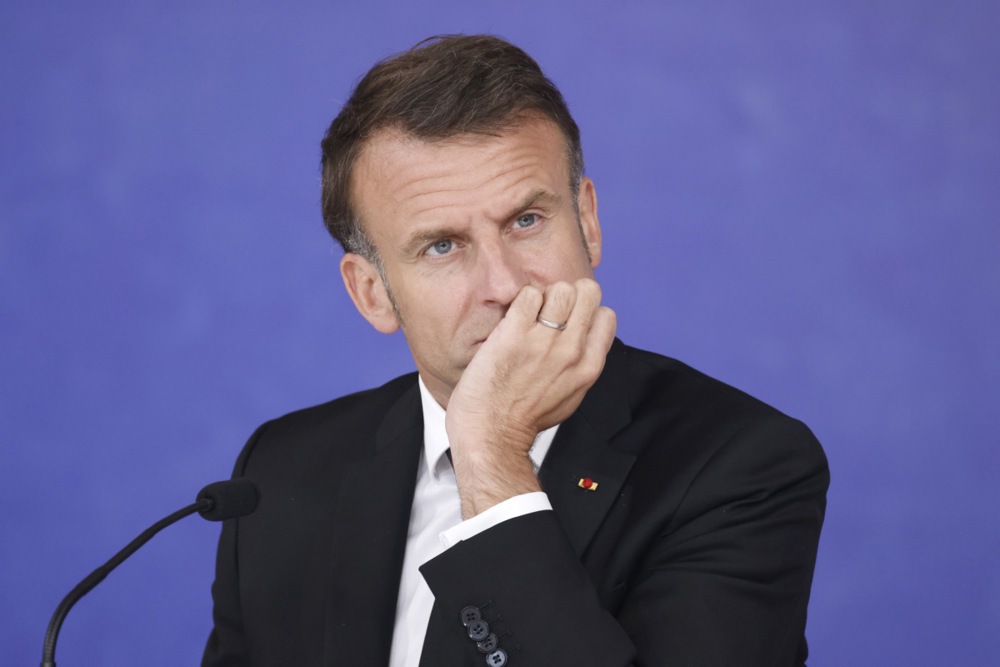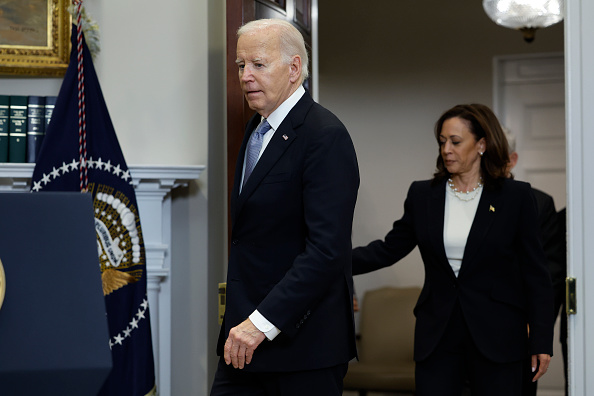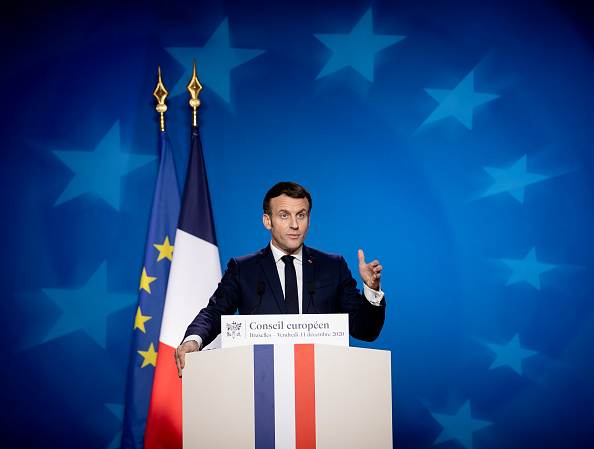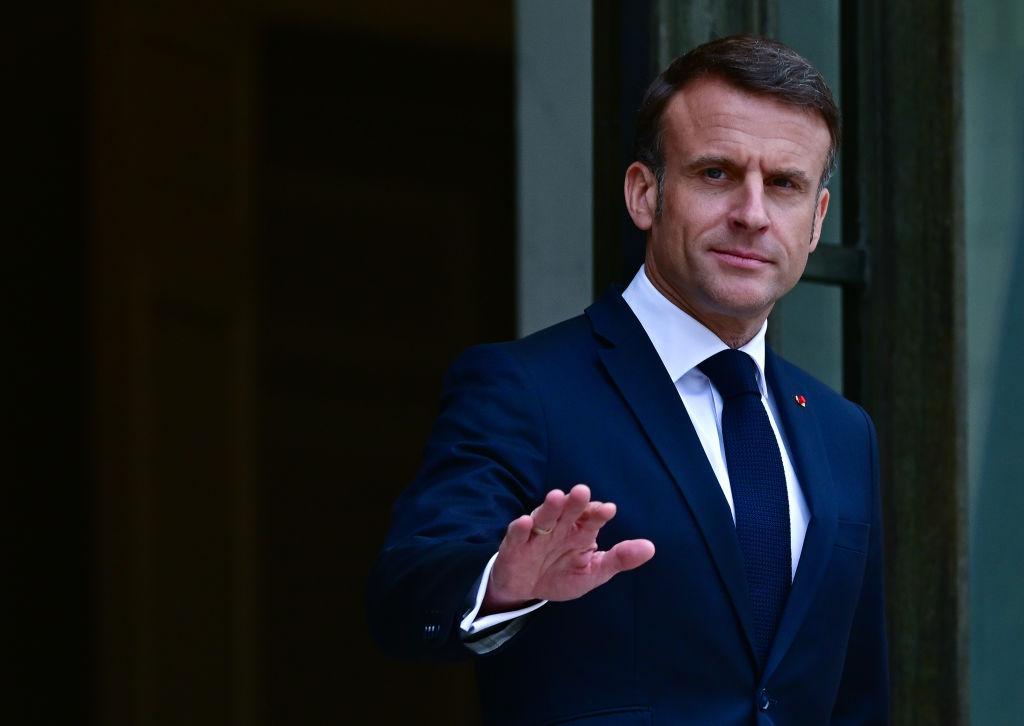With France at the end of its so-called Olympic truce or “trêve olympique,” President Emmanuel Macron will have to get back to trying to choose a prime minister.
Pundits view him as having five main candidates to pick from — three official candidates and two possible technocrats, with an announcement expected as early as Wednesday.
“The successful Olympics provided him and all the other political leaders a very short vacation of sorts, but that vacation is now gone,” Daniel DePetris, a foreign affairs columnist who covers French politics, told Brussels Signal on August 12.
“The horse-trading is still a work in progress and you have three big political blocs in the Assembly right now who still seem incapable of compromising on pretty much anything.”
There are three official contenders for prime minister: Xavier Bertrand (of the centre-right Les Républicains), civil servant Lucie Castets (a left-wing candidate of the New Popular Front alliance) and former prime minister Bernard Cazeneuve (previously of the Socialists, now part of La Convention).
Two technocrats have also been suggested as compromise cross-party candidates: Jean-Louis Borloo (a former ecology minister, mayor and MEP) and Michel Barnier (former MEP and EU Brexit negotiator).
“My money is on Lucie Castets, she is married to a woman and they have a child, a detail that could make a difference,” French-based journalist Freddie Ponton told Brussels Signal.
France’s Le Monde, though, has called Castets’s campaign “strange“, claiming that until recently Macron “didn’t even know she existed.“
Elsewhere, as Macron was hoping to capitalise on a post-Olympics bounce to revive his flagging political fortunes, an official report has revealed his profligate spending on entertaining guests and foreign travel.
France’s audit body, the Cour des Comptes, detailed what it said was huge overspending by Macron’s Elysée Palace on receptions and trips, with a record high €125 million expenses budget being exceeded by €8 million in 2023.
“Significant efforts will have to be undertaken, starting in 2024, in order to restore and perpetuate balance,” warned the state audit institution.
The auditors’ admonishment did not prevent Macron from holding one final farewell meal at the Elysée on August 11 for departing heads of state who had attended the Olympics.
They included Sweden’s King Carl XVI Gustaf, Monaco’s Prince Albert II, Luxembourg’s Grand Duke Henri and Spain’s Queen Sofia.
The US was represented by the husband of Democrat presidential hopeful Kamala Harris, Douglas Emhoff.
The report into extravagant spending — which included a State dinner for King Charles III in Versailles and one for India’s PM Narendra Modi in the Louvre — appeared to hit a nerve with the French press.
“I believe Brigitte [Macron] to be the target, with her tendency for lavish parties and luxurious lifestyle at our expense,” said Ponton.
All the same, Paris-based university professor Matthew Fraser told Brussels Signal: “It was a favour to Macron that it came out during the summer when everyone was away on holiday and distracted by the Olympics.”
“It would have been much crueller if it came out in September when everyone is back and ready for a fight,” he added.
With the battle for prime minister intensifying, from the names emerging in the French press it seemed clear “Macron’s choice of prime minister will be based on three criteria,” Fraser said.
First, he said, someone “from the political centre who will maintain the status quo.”
Second, someone who is “low key, even dull, and will not attempt to steal the spotlight.”
Third, someone “with no presidential ambitions for 2027, avoiding Macron the frustration of having as prime minister someone in campaign mode to succeed him.”
And whatever their other qualifications for the office, Cazeneuve, Barnier, and Bertrand each appeared to meet these three criteria, Fraser observed.





